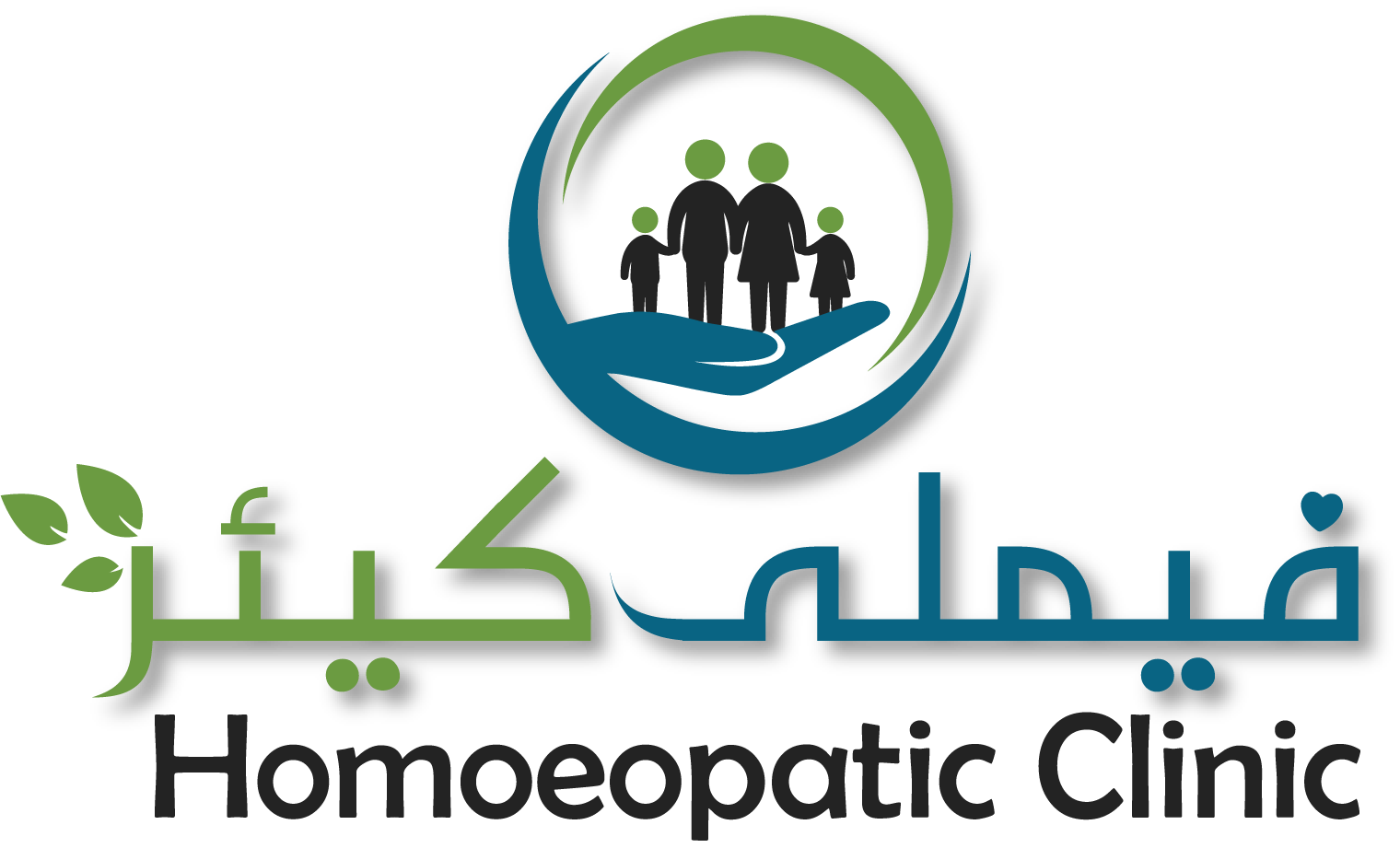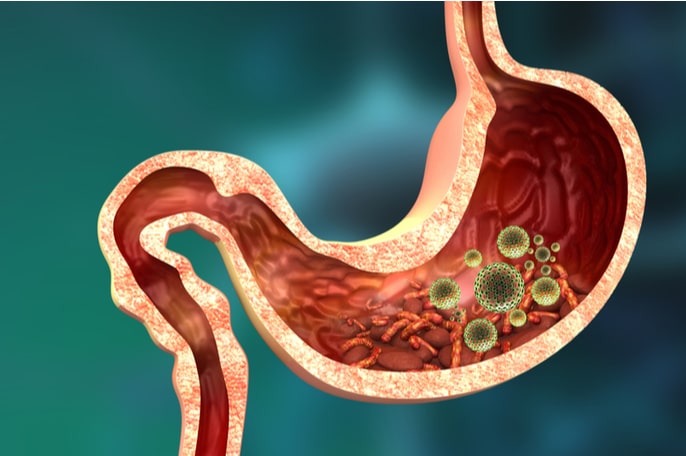Stomach diseases are conditions that affect the digestive system and specifically the stomach. The stomach is a muscular organ that helps to break down food into smaller particles and is responsible for the release of various enzymes and acids that aid in digestion. Stomach diseases can range from mild to severe and can have a significant impact on a person’s overall health and well-being. In this article, we will discuss some common stomach diseases, their symptoms, causes, and treatments.
- Gastritis
Gastritis is a condition that occurs when the lining of the stomach becomes inflamed. This can happen due to various reasons such as bacterial infection, excessive alcohol consumption, or long-term use of nonsteroidal anti-inflammatory drugs (NSAIDs). Symptoms of gastritis include abdominal pain, nausea, vomiting, and loss of appetite. Treatment of gastritis involves medications such as antacids, proton pump inhibitors (PPIs), and antibiotics if the cause is a bacterial infection.
- Peptic Ulcer Disease
Peptic ulcer disease is a condition that occurs when open sores develop on the lining of the stomach or duodenum. The most common cause of peptic ulcer disease is a bacterial infection with Helicobacter pylori (H. pylori). Other factors that can contribute to the development of peptic ulcers include excessive alcohol consumption, smoking, and long-term use of NSAIDs. Symptoms of peptic ulcer disease include abdominal pain, bloating, nausea, and vomiting. Treatment involves medications such as antibiotics to eliminate H. pylori, acid-reducing medications, and in some cases, surgery.
GERD is a condition that occurs when stomach acid flows back into the esophagus, causing irritation and inflammation. Symptoms of GERD include heartburn, regurgitation, and difficulty swallowing. Factors that can contribute to the development of GERD include obesity, pregnancy, and certain medications. Treatment of GERD involves medications such as PPIs, antacids, and lifestyle changes such as weight loss and avoiding trigger foods.
IBS is a chronic condition that affects the large intestine and can cause symptoms such as abdominal pain, bloating, and diarrhea or constipation. The exact cause of IBS is unknown, but it is believed to be related to an overactive or sensitive digestive system. Treatment of IBS involves medications such as antispasmodics and fiber supplements, as well as lifestyle changes such as stress management and dietary modifications.
- Gastroenteritis
Gastroenteritis is a condition that occurs when the stomach and intestines become inflamed due to a viral or bacterial infection. Symptoms of gastroenteritis include diarrhea, vomiting, and abdominal pain. Treatment involves rest, hydration, and in some cases, antibiotics.
In conclusion, stomach diseases can range from mild to severe and can have a significant impact on a person’s quality of life. If you experience any symptoms of a stomach disease, it is important to seek medical attention promptly to receive a proper diagnosis and treatment. Maintaining a healthy diet, regular exercise, and avoiding excessive alcohol and NSAID use can help reduce the risk of developing stomach diseases.




